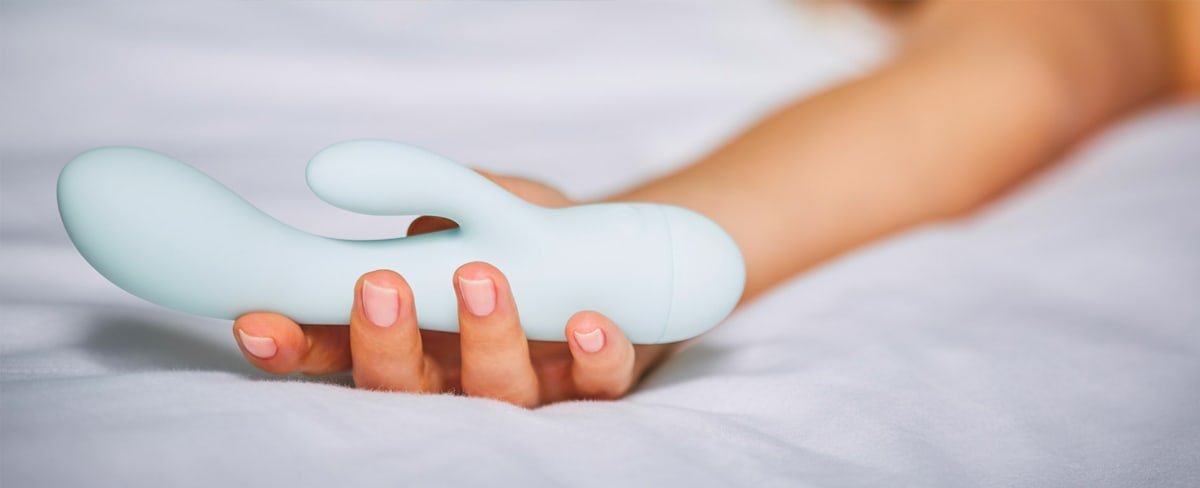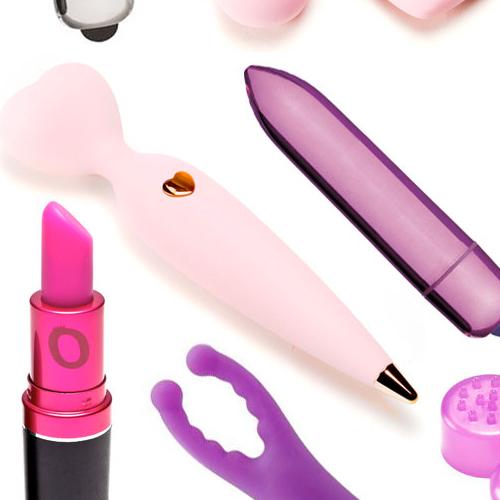
Safe Sex for Lesbians & Bisexuals
Each one of us have different and varied health needs, depending on multiple factors including age, gender and more. Women who have sex with women may have certain, specific health needs, and it is important to know there are some common myths surrounding these matters, which I hear in my surgery all the time. For example…
Myth #1:
‘I’m a lesbian, so I don’t need to have a smear test.’
The myth that lesbian, gay and bisexual (LGB) women do not need to attend cervical screening is commonly heard but is incorrect. Most cervical cancer is linked to the high-risk types of human papilloma virus (HPV) and this can be passed on by any form of sexual contact including sharing sex toys. HPV is extremely common; four out of five people will have it at some point and it can be passed on by both men and women.

Myth #2:
‘HPV cannot be passed between women if neither have had any sexual contact with men’
This is not the case as HPV is spread by skin-to-skin contact, this can include touching, oral sex and sharing sex toys. According to the LGBT Foundation 17.8% of LGB women between the ages of twenty-five and sixty-four (the eligible screening age) have never attended cervical screening. It appears there are many reasons behind this, from concerns about the doctor asking questions around your sexual orientation, which you may be uncomfortable with answering, to concerns about the smear test itself. Please do discuss any anxieties with your medical team, for example you can ask to use a smaller speculum, or to put the speculum in yourself.
Cervical Screening is extremely valuable, it can prevent cervical cancer occurring, as it picks up cell changes before they have turned into cancer, it can be life saving. The combination of the HPV vaccine and the cervical screening programme has the potential to eradicate cervical cancer.
Myth #3:
‘I have sex with women so I don’t need contraception.’
Contraception is used to prevent pregnancy, but depending on the type of contraception, it can also be used to prevent sexually transmitted infections. Women who have sex with women can both pass on, and get sexually transmitted infections such as, chlamydia and herpes. Sexual contact can include genital touching, oral sex or using the same hand or sex toy on one or more partners. For safer oral sex, use a dental dam, this is a thin sheet of latex or polyurethane which is placed between the mouth and vulva during oral sex, to prevent transmission of sexually transmitted infections. You can purchase dental dams or alternatively, cut the tip and end off a condom and then cut down one side to open it up into a ‘flat sheet’. Be sure to use a new dental dam or condom each time you have oral sex and don’t stretch them as this can weaken them.

Myth #4:
‘I use sex toys, so I don’t need contraception.’
If you are using sex toys, use new condoms to cover it for each partner, or if the same partner is using it to penetrate different orifices. It is also important to thoroughly wash sex toys after use, see the Ann Summers How to Clean Sex Toys guide for further details. When it comes to lubricant make sure to use water or silicone-based to prevent breaking, as oil-based lubricants and products can weaken the dental dam or condom.
Regular testing for sexually transmitted infections at a sexual health clinic can help ensure a healthy sex life.
Advice & Support:
The LGBT Foundation has advice, support and information available on issues such as cervical screening and sexual health. Visit the LGBT Foundation or phone 03453303030.
Sign up for early access to Black Friday deals plus, 15% OFF your first order
Stay in the loop on all things Ann Summers:
Updates on new arrivals, inspiration, offers and events!
*Discount only available on full price products and 5% off discounted products
By inputting your information, you agree that we can use it in accordance with our Privacy Policy. You are able to unsubscribe from marketing at any time. By proceeding you agree to our Terms and Conditions.
You must be over 18 to join our mailing list.
By inputting your information, you agree that we can use it in accordance with our Privacy Policy. You are able to unsubscribe from marketing at any time. By proceeding you agree to our Terms and Conditions.
You must be over 18 to join our mailing list.
Sign up for early access to Black Friday Deals Plus, 15% OFF your first order

*15% Discount only available on full price products and 5% off discounted products
Stay in the loop on all things Ann Summers: Updates on new arrivals, inspiration, offers and events!
By inputting your information, you agree that we can use it in accordance with our Privacy Policy. You are able to unsubscribe from marketing at any time. By proceeding you agree to our Terms and Conditions.
You must be over 18 to join our mailing list.

